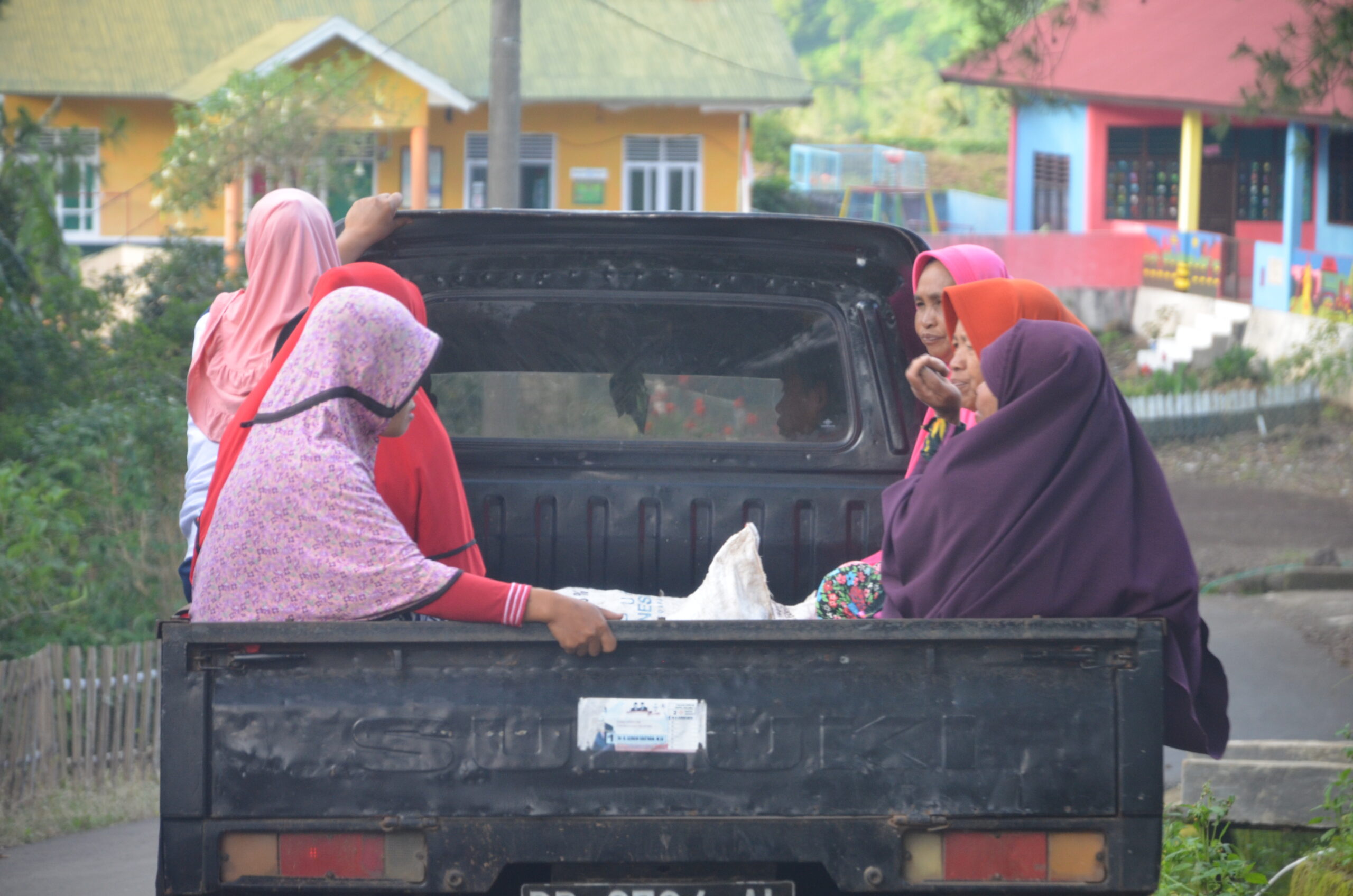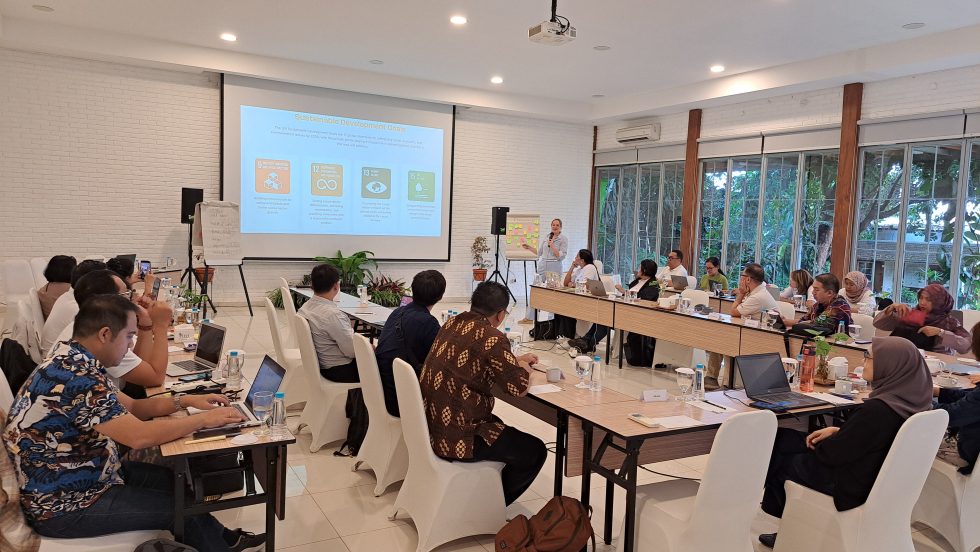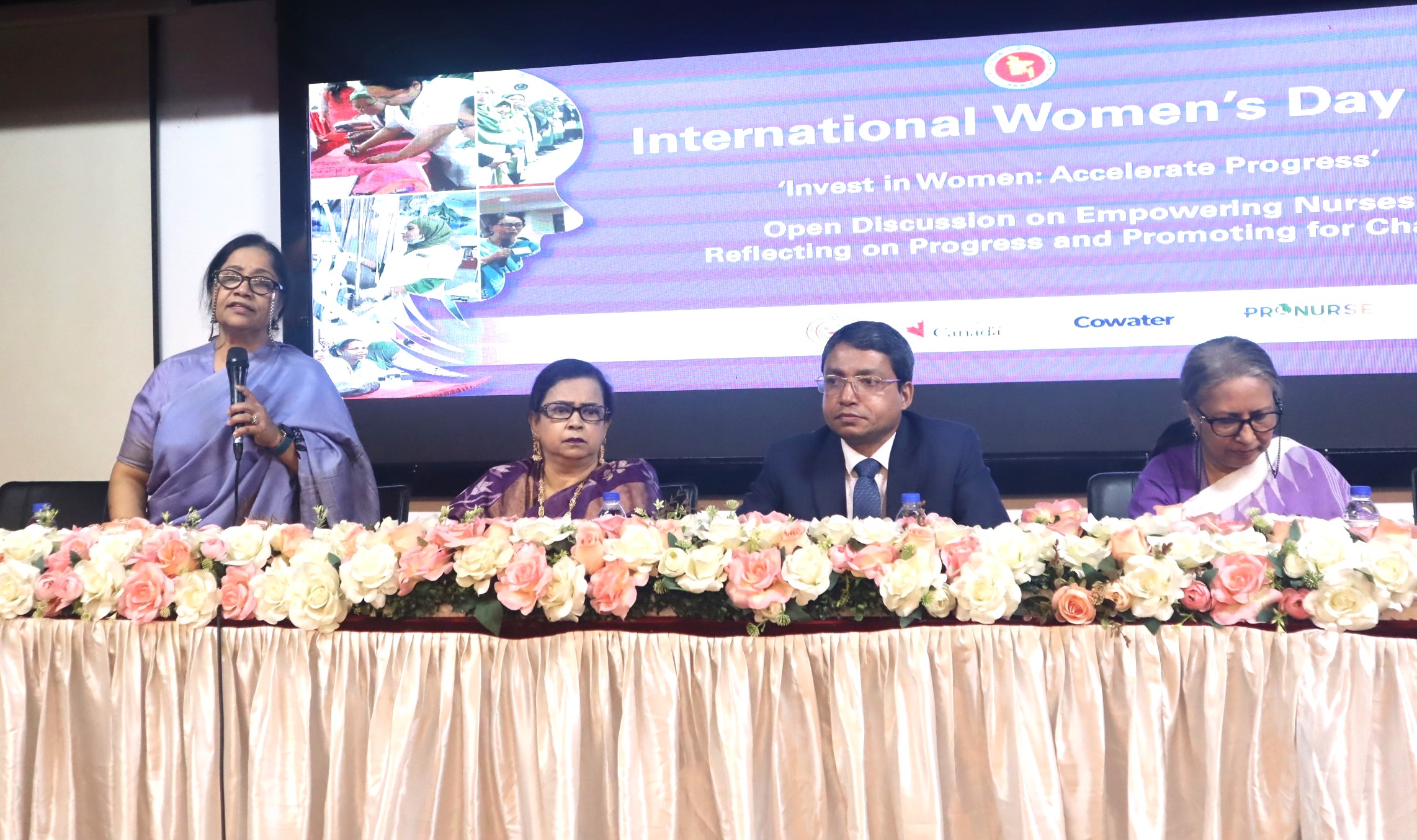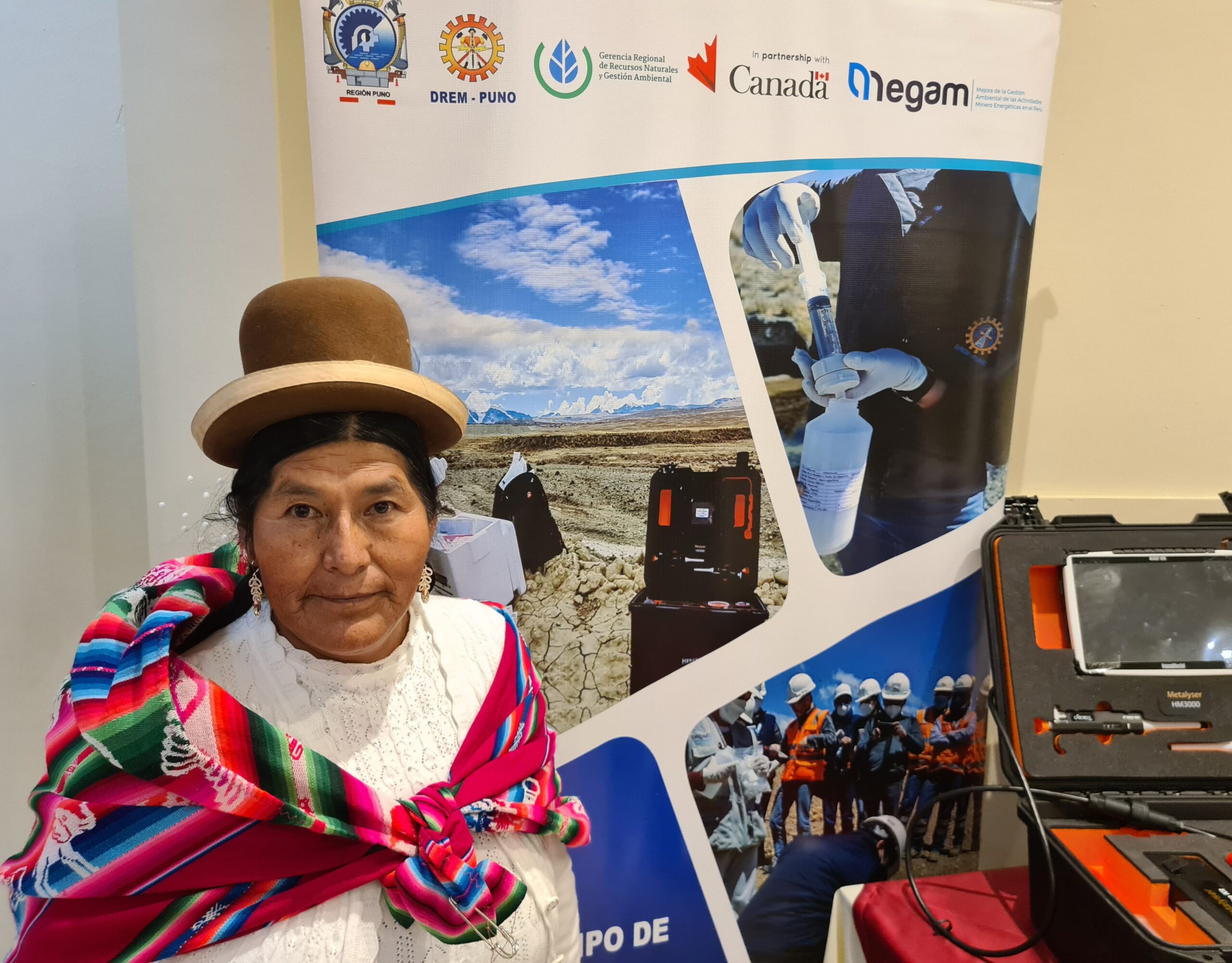
Addressing marginalization is at the heart of building a more inclusive Indonesia
Indonesia has realized significant gains in gender equality, women’s economic empowerment, and civic participation over the last two decades. This includes increased access to essential government health and education services, strengthened citizen participation and government accountability, and a resilient and dynamic civil society which is playing an increasingly important role in the policy dialogue at all levels of government. Yet, poverty and socio-economic inequalities persist in Indonesia, and they primarily affect vulnerable and marginalized groups. These inequalities have been exacerbated by the impacts of COVID-19.
A 2021 study on child marriage in seven districts of Indonesia shows that there has been an increase in child marriages during the pandemic, due in part to economic hardship, poverty, and disruptions to schooling. COVID-19 has also been reported to accelerate women’s lack of access to quality maternal, newborn and child health (MNCH) services. While large scale social assistance programs rolled out by the government in response to the effects of the COVID-19 pandemic have reached most of the targeted beneficiaries, research shows that many marginalized groups were left behind. For example, less than 30 percent of transgender people reported receiving government support during due to societal stigma and because they do not have a KTP (National Identity Card) or NIK (National Identity Number). Only 41 percent of persons with disabilities in Indonesia have had access to social protection during the pandemic.
Cowater International has been working for over 30 years in Indonesia to tackle poverty, socio-economic exclusion and create better opportunities for communities across the country. One of the ongoing activities supported by Cowater is the Australia-Indonesia Partnership Towards and Inclusive Society (INKLUSI). This is a $75 million AUD project (2021-2026), funded by the Australian Department of Foreign Affairs and Trade-Funded (DFAT).
INKLUSI has been designed to empower groups experiencing marginalization. The program supports and facilitates partnerships between the Government of Indonesia (GoI) and civil society organizations (CSOs) to empower marginalized people to participate in and benefit from decisions about Indonesia’s socio-cultural, economic and political development. More specifically, INKLUSI aims to strengthen the contributions of civil society, in partnership with government, to gender equality, disability and social inclusion (GEDSI) for marginalized people.
INKLUSI paves the way for a more robust focus on the overlapping and multiple factors of marginalization and tackling the systemic barriers to full, meaningful and equal participation in Indonesia’s development, experienced by different marginalized groups. It allows for a deeper consideration of discrimination, inequality, and exclusion across diverse groups, ensuring that “no one is left behind”. The program facilitates, incubates, and supports partnerships for GEDSI, particularly across Indonesia’s vibrant and resilient civil society and the Government of Indonesia.
INKLUSI is presently working with 8 National Partners and 91 sub-partners throughout Indonesia and is present in 31 of 38 provinces, covering 102 districts/cities and 508 villages.
While the program is in the early phases of implementation, there are some initial signs of CSOs influencing systemic changes in national policy processes and affecting social norms. A recent milestone was the passing of the Law on Sexual Violence Crimes (Undang-Undang Tindak Pidana Kekerasan Seksual – UU TPKS), which has been advocated by a number of INKLUSI partners. The program will now focus on ensuring the effective implementation of this critical piece of legislation, which provides important protections for victims, making it easier to testify and changing the types of evidence required. Over the next 3 years, INKLUSI will continue to address a wide range of socio-economic and political barriers affecting the full participation of the most marginalized Indonesians in public life.
Related Content
Sustainability standards are critical to a more competitive MSME sector in Indonesia
Mirco, Small and Medium-sized Enterprises (MSMEs) play a crucial role in the Indonesian economy, yet they face significant challenges in accessing global markets. This can be attributed to various factors, […]
ProNurse Project celebrates International Women’s Day 2024
This year’s International Women’s Day theme was “Invest in Women: Accelerate Progress”. To celebrate and raise awareness of the role of women in the nursing sector of Bangladesh, ProNurse Project […]
Community, Capacity and Coordination: why environmental management matters for sustainable development in Peru
Author: Victor Neagu, Director of Communications and Marketing, Cowater International I recently travelled to Peru for a series of closing events linked to the MEGAM Project. MEGAM is the Spanish […]







